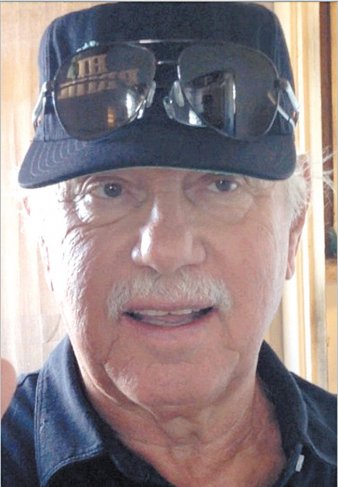Code Black
Philip Dunn
MD ABEM, Attending physician at Straub Clinic & Hospital,
Clinical assistant professor of surgery,
John A. Burns School of Medicine, University of Hawaii
Where and with whom did you see the movie?
I saw the film at Kahala Mall with my friend Taki, professor of psychology, University of Hawaii.
Overall, what did you think?
An intense documentary look into the workings of young doctors in training at a busy inner-city emergency room: L.A. County-USC. Realistic, colorful and exciting.
Without giving away the ending, what was one of your favorite scenes?
An intelligent and truly caring young doctor telling a relative of the death of a loved one. These are the doctors you’d want if you needed this type of care.
On a scale of one to four stars, what would you rate this film?
★★★★.
What did you think of the cinematography?
Brutally graphic depiction of human injury and suffering, sometimes necessarily bloody but nothing gratuitous. Although this is the first film for director Ryan McGarry, who is also a doctor in training, it is a very polished work.
Was the message/theme clear?
As much as can be achieved. Health-care delivery in emergency settings is amazingly complex and requires both great intelligence and compassion. This film shows how skilled these doctors are at delivering this. It is heartening in this age of self-promotion to see professionals genuinely trying to keep their focus on nothing but the well-being of the patient. But they need help. As health-care reform rolls out, they are paradoxically forced to focus on their own well-being. We must take care to try to preserve the best parts of the patient-physician bond, increase efficiency and, of course, keep costs manageable.
Did it remind you of any other works of film?
Yes, one of the best documentaries I’ve ever seen — on par with those of Errol Morris (Fog of War, Thin Blue Line
To whom would you recommend this movie?
I would recommend this movie to anyone interested in health care, since it shows some of the most extreme moments in medicine. For many patients, “the worst day of their life,” one of the doctors comments; for some, the last day of their life. For others, sometimes it’s a good day when the problem is solved.
Did any of the actors stand out?
All the doctors are intelligent, articulate and very compassionate. It is comforting to know such talent and kindness is there if you need it. Honolulu’s own
Danny Cheng was particularly impressive. It deals almost exclusively with the physicians, but hopefully there will be a sequel focusing more on the nurses and other professionals.
Did you identify with any of the characters?
Having been in emergency medicine at Straub and in New York for some 45 years, identification for me was extreme, almost like reliving a career. It was very gratifying to see the wonderful legacy in the brilliant young ER doctors in the movie and here in our own Honolulu hospitals.
On a different note, what’s new with you?
I am now working in a much more controlled and comfortable position with Straub, at the Doctors on Call office in Waikiki. It has served the Waikiki community for some 35 years, and I receive constant comments on how much it’s appreciated from both locals and visitors.
At the medical school, I am working mostly with some outstanding groups focused on addiction medicine: getting a handle on drug and alcohol abuse and trying to prevent people from winding up as patients in the emergency room. I’m 71 and I’m getting ready to again recertify in emergency medicine. I’m over the hill but I’m still above ground, so for us old guys that’s always a good day.






